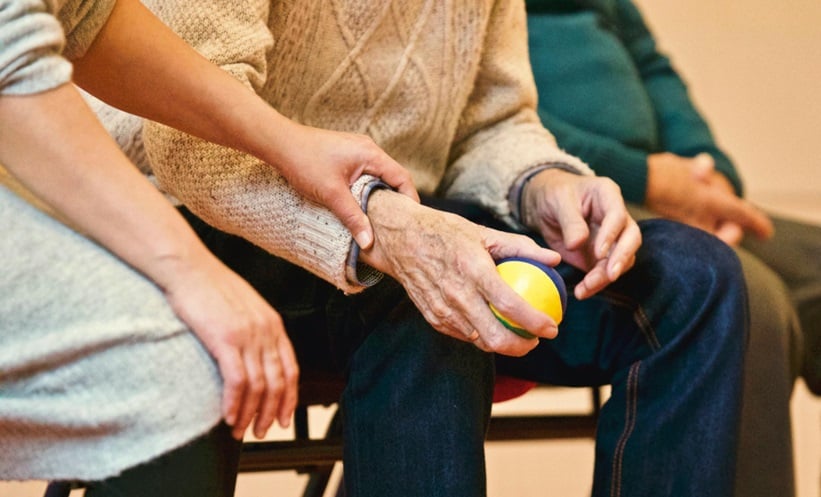NEW findings from a USA nationwide telephone-based survey found that more than one-quarter of cancer survivors reported mobility disability (such as impairments in walking or climbing stairs), while close to 10% reported self-care disability (such as difficulty dressing or bathing).
The study utilised data from the 2017–2022 Behavioral Risk Factor Surveillance System, comprising 47,768 survivors of cancer and 2,432,754 non-cancer adults aged over 18 years. Researchers analysed the data using multivariable logistic regression models to assess associations between functional disabilities and sociodemographic, lifestyle, and health-related factors.
Mobility disability and self-care disability were higher among survivors of cancer, compared to non-cancer adults, with multivariable logistic regression demonstrating that survivors of cancer were more likely to report functional disability. Furthermore, the prevalence of mobility (34.9% versus 26.3%) and self-care disability (9.8% versus 6.7%) was higher in active-treatment patients with cancer compared to those who had completed their treatment. The researchers also identified significant associations between a higher prevalence of functional disabilities and survivors of cancer of racial/ethnic minority backgrounds, as well as those with lower levels of education and/or income. Finally, lifestyle factors in survivors of cancer, including higher BMI, cancer/treatment-related pain, and low physical activity, were associated with a higher prevalence of mobility and self-care disability.
Researchers concluded that the high prevalence of functional disability amongst survivors of cancer indicates the need for greater awareness among patients with cancer and their care providers, to ensure that they receive the necessary support. In addition, the identification of lifestyle and sociodemographic factors associated with increased prevalence underscores the need for targeted disability prevention strategies.
References
Cao C et al. Prevalence and cancer-specific patterns of functional disability among US cancer survivors, 2017-2022. J Clin Oncol. 2024;DOI:10.1200/JCO.23.02536.








